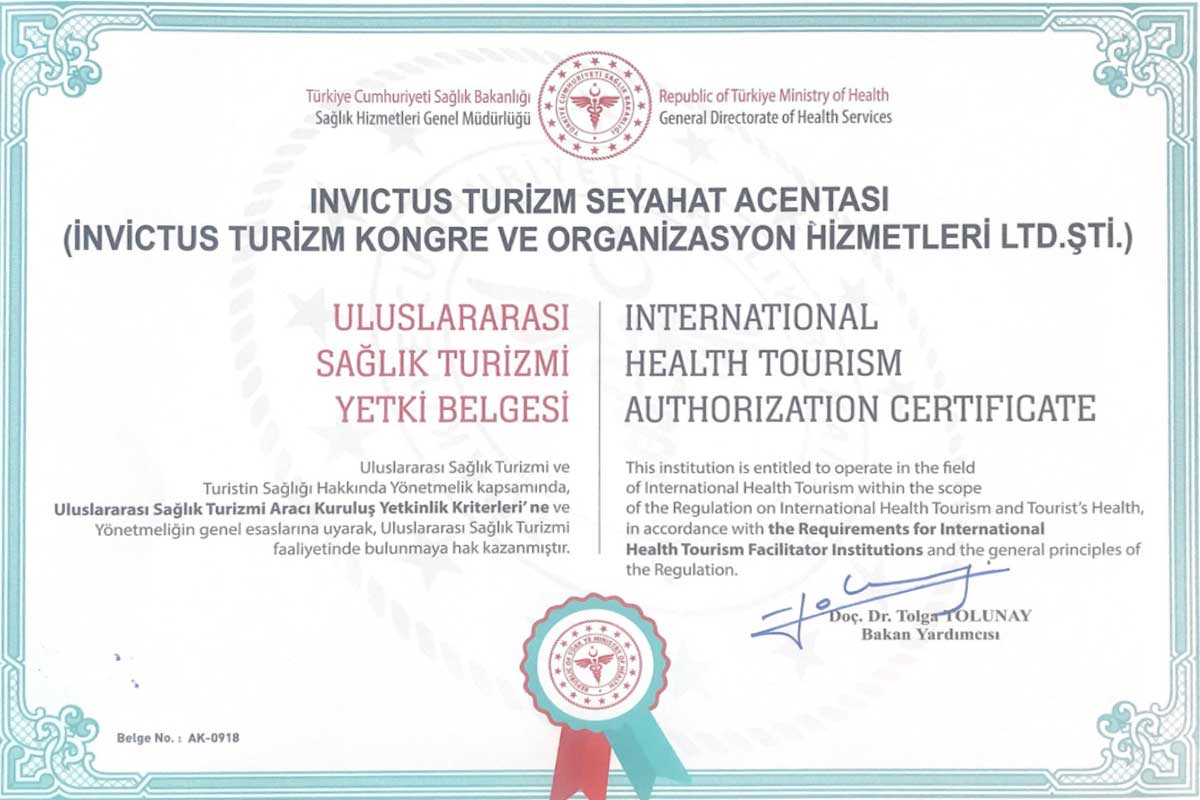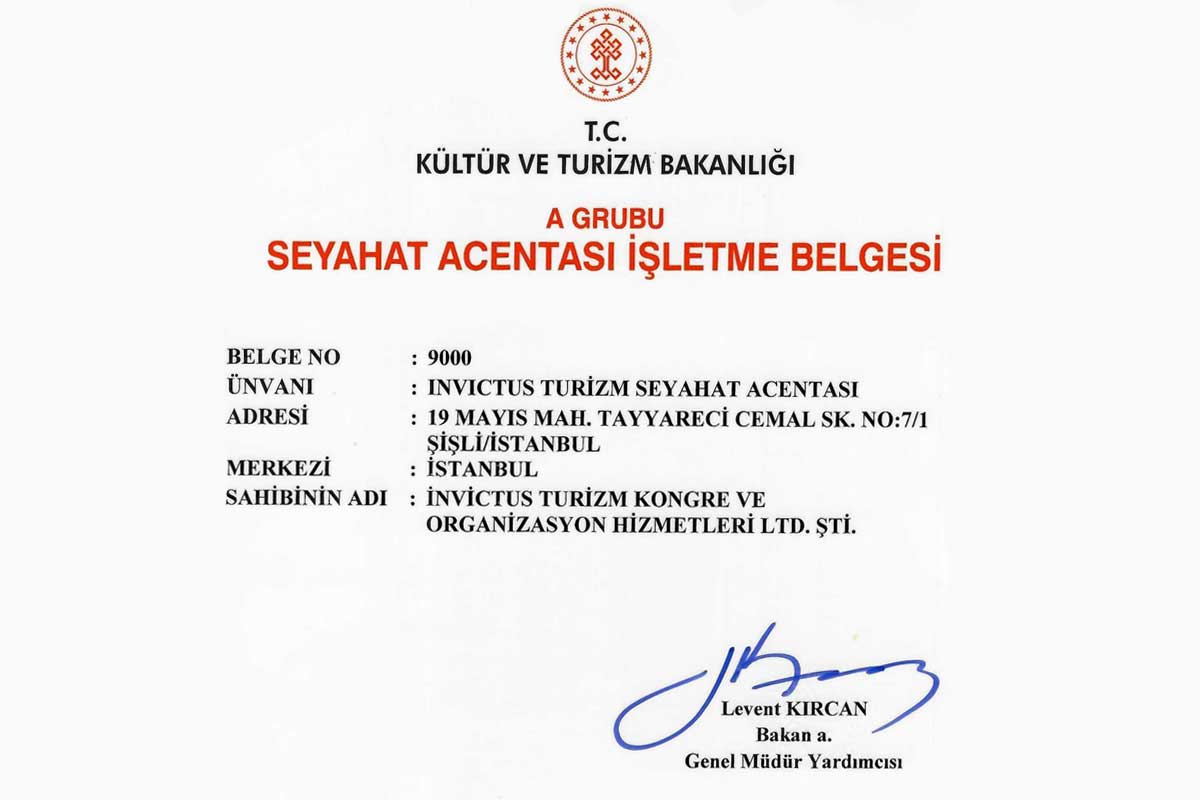Free Consultation Form

IVF treatment is one of the most preferred infertility treatments today. In cases where the cause of unexplained infertility, infection, blockage in the tubes, low sperm quality of the man, weight or advanced age can be caused by IVF method, couples can have a baby.
IVF treatment includes the treatment process in which eggs, which are female reproductive cells, and sperm, which are male reproductive cells, are collected and brought together outside the body, in a laboratory environment, and fertilization is achieved.
In IVF treatment, fertilized eggs begin to divide and undergo their first developmental stages, called embryos, in a laboratory environment, and are placed in the uterus of the expectant mother. After this stage, the pregnancy achieved is no different from pregnancies that occur naturally.

WHY CHOOSE INVICTUS HEALTH ADVISOR
IVF treatment is one of the most preferred infertility treatments today. In cases where the cause of unexplained infertility, infection, blockage in the tubes, low sperm quality of the man, weight or advanced age can be caused by IVF method, couples can have a baby.
IVF treatment includes the treatment process in which eggs, which are female reproductive cells, and sperm, which are male reproductive cells, are collected and brought together outside the body, in a laboratory environment, and fertilization is achieved.
In IVF treatment, fertilized eggs begin to divide and undergo their first developmental stages, called embryos, in a laboratory environment, and are placed in the uterus of the expectant mother. After this stage, the pregnancy achieved is no different from pregnancies that occur naturally.
The difference between IVF treatment and natural pregnancy is that the fertilization process is carried out under laboratory conditions and the fertilized eggs are placed back into the mother’s uterus. Especially in male-related infertility, “Insemination Treatment” can also be preferred before IVF treatment. In this method, the collected sperm are transferred into the uterus.
Brief Stages of IVF Treatment
- Before starting IVF treatment, couples or individuals meet with a reproductive doctor. In these meetings, the causes of infertility are evaluated and a treatment plan is created. Pre-treatment tests are performed and treatment options such as hormonal drugs are determined.
- The first stage of IVF treatment is the stimulation of the woman’s ovaries to produce more than one egg. This is done using hormonal drugs or injections. Ultrasound and blood tests are frequently performed to monitor egg development.
- When the eggs reach the appropriate size in IVF treatment, a surgical procedure called follicle aspiration or egg collection is performed. In this procedure, the eggs are removed from their follicles with the help of a needle.
- In IVF treatment, a sperm sample is taken from the man and prepared in the laboratory. In some cases, a sperm donor can be used due to sperm problems.
- The collected eggs and the prepared sperm are brought together in the laboratory. At this stage, fertilization occurs and embryos are formed.
- The healthiest and strongest embryos are selected from among the embryos formed in IVF treatment. The selected embryos are prepared to be placed in the uterus.
- The selected embryos are placed in the woman’s uterus with the help of a thin catheter or tube. This procedure is painless and usually does not require local anesthesia.
- After the transfer, a few weeks are waited and then a pregnancy test is performed. When a positive result is obtained, the pregnancy progresses and the pregnancy is monitored.
What is the Success Rate of IVF Treatment?
The inability to conceive due to sperm or ovaries also affects couples psychologically. The method to be used in IVF treatment, which is applied to make the couples’ dreams of having a child come true, is decided in accordance with the health status of the patients and the evaluations of the experts. The aim of the treatment is always to ensure that fertilization occurs and the pregnancy goes well.
IVF Overview
Let’s Plan Your Treatment Together in Turkey
PLAN YOUR TREATMENT IN TURKEY
Let us share with you how this magnificent transformation adventure, which begins from the moment you meet us, works.
ONLINE MEETING
VIP TRANSFER
We welcome you at the airport and bring you to our clinic safely in private vehicles.
YOU ARE OUR GUEST
We offer hotel accommodation during your treatment stay.
TREATMENT
Your doctor will create a plan. Surgery takes 3-4 hours, followed by a 1-night stay. After a final check-up, you’ll be discharged.
INTERPRETER SUPPORT
Enjoy healthcare in your own language with interpreter support before, during, and after treatment.
Free Consultation Form
Frequently Asked Questions About IVF
IVF treatment is the process of creating an embryo by fertilizing eggs and sperm in a laboratory environment and transferring this embryo to the uterus.
Couples who cannot conceive naturally
Individuals with low sperm or egg count/quality
Suitable for those with endometriosis, tube blockage or unexplained infertility problems.
The healing process usually takes 2-4 weeks. Full recovery occurs within 6-12 months.
An IVF cycle usually lasts 4-6 weeks. This process includes hormone medications, egg collection, fertilization and embryo transfer.
The treatment is usually not uncomfortable. The injections to stimulate the ovaries and the egg collection process can cause mild discomfort, but most procedures are performed under local or light sedation.
The success rate depends on age, health status and the cause of infertility. The success rate for women under 35 is 40-50%, but decreases with age.
This varies depending on the couple’s health and age. Usually, 1-2 embryos are transferred. Extra embryos can be frozen and stored for later use.
Yes, if more than one embryo is transferred, the risk of multiple pregnancy increases. However, this risk is currently reduced with single embryo transfer.
Swelling, tenderness or mild headaches may occur due to hormonal drugs. Rarely, ovarian hyperstimulation syndrome (OHSS) may occur.
Heavy activities should be avoided for the first few days.
Stress management and a healthy diet are important.
Medications recommended by the doctor should be used regularly.
Prices vary depending on the treatment method, medications used and country. In addition, procedures such as frozen embryo transfer may increase the cost.
No, success is not guaranteed. In case of failure, the causes are investigated and a different strategy is followed for the next cycle.
No, an IVF pregnancy continues like a natural pregnancy. However, in some cases, closer monitoring may be required.
We Continue to Be a Secure Bridge Between You and Turkey!

In order to ensure reliability in health tourism, the Turkish Ministry of Health requires intermediary service organisations such as us and health institutions to fulfil certain competence criteria. Organisations that can fulfil these criteria are entitled to receive the International Health Tourism Authorisation Certificate and prove that they are a reliable organisation in the sector.
